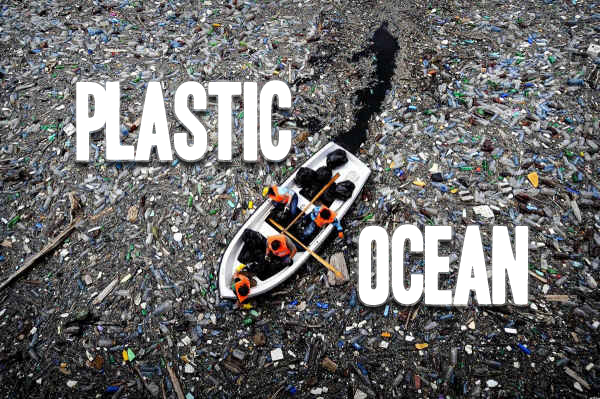- Joined
- Dec 3, 2013
- Messages
- 57,470
- Reaction score
- 14,587
- Gender
- Undisclosed
- Political Leaning
- Undisclosed
The numbers in the OP article are bad. Electric cars are better than gas.
Electric cars reduce emissions even if the source is a coal plant, because the electric motor is more efficient than an internal combustion engine.
they are not bad because you say so.
they are bad because unless you are getting your power from a solar or wind farm or something which 90% of the country isn't.
the majority of power is supplied by coal or nuclear, oil or methane.
then it really isn't reducing emissions.
efficiency is a matter of opinion and what you are doing.

